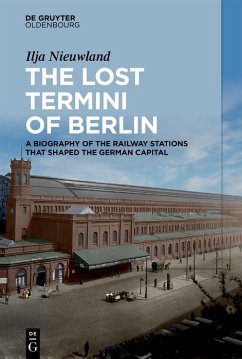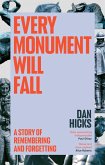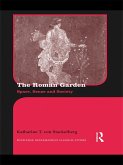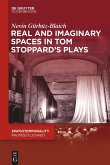Railway stations are magical, meaningful places, allowing for escape as well as promise, nostalgia as well as novelty. They process all sorts of people, from well-to-do business types to unfortunates forced to live on the fringes of society. There is a nervous energy around them, created by those looking forward to their journey, others trying to get oriented in a place that is new to them, and some facing the drudgery of yet another commute.
And if pre-World War 2 Berlin was anything, it was energetic. Building an adequate transport infrastructure for Europe's fastest-growing city proved to be a continuous challenge that required flexibility and adaptation and touched the city in ways that can still be seen today.
Dieser Download kann aus rechtlichen Gründen nur mit Rechnungsadresse in A, B, BG, CY, CZ, D, DK, EW, E, FIN, F, GR, HR, H, IRL, I, LT, L, LR, M, NL, PL, P, R, S, SLO, SK ausgeliefert werden.
The Lost Termini of Berlin is a must-read for anyone interested in urban history, architectural heritage, or the multi-layered complexity of Berlin itself. Whether you are a history buff, a railway enthusiast, or a reader drawn to the hidden stories of cities, this book provides an illuminating glimpse into an often-overlooked aspect of Berlin's history [...] It is a highly recommended contribution to the literature of Berlin's urban history." -
Breno Borges (CIUHCT, Portugal) in The Journal of Transport History 0(0), April 15, 2025, URL: https://doi.org/10.1177/00225266251333346
***
Interview with the author Ilja Nieuwland for Whitlam's Berlin Tours.









